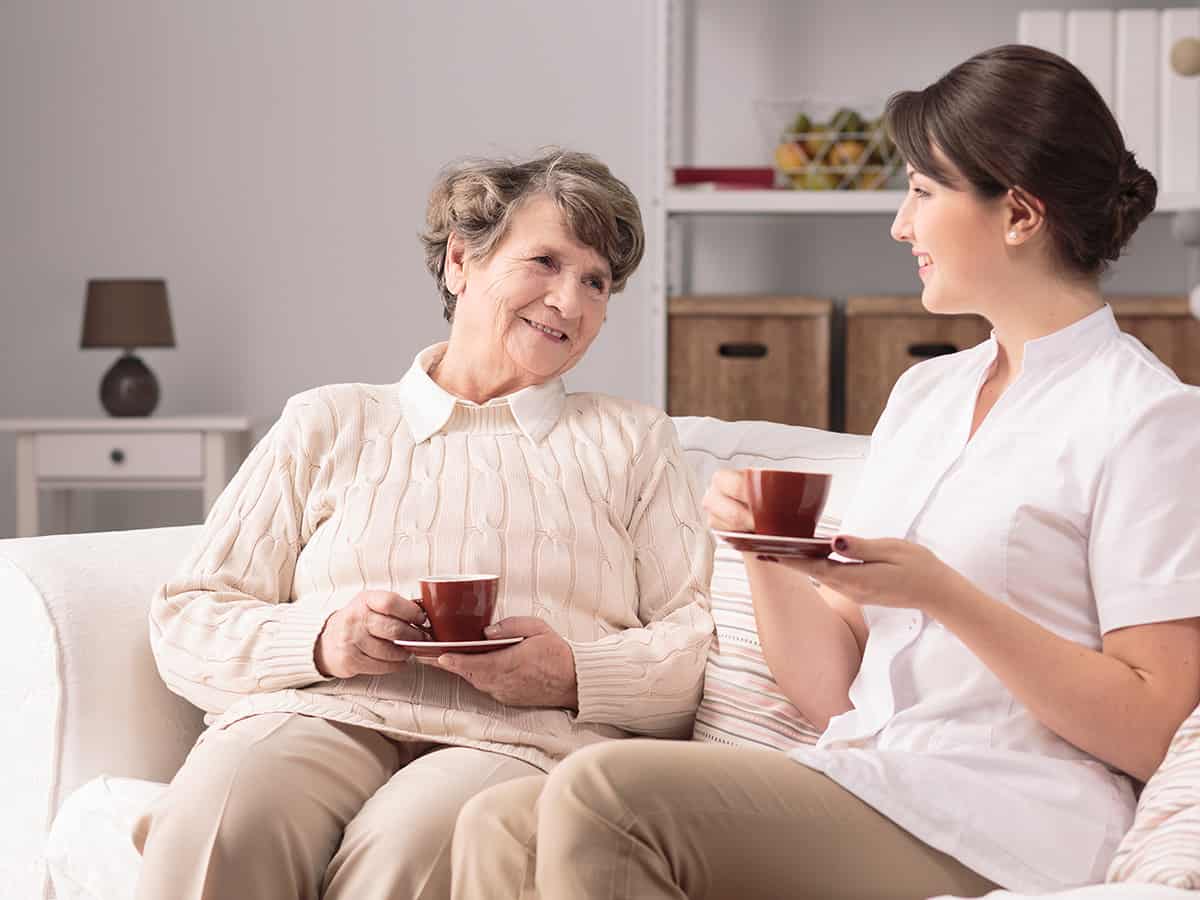 The job of caregivers can be extremely demanding. Though this is true for any kind of work, at any location in the world, the fact that it is difficult to define their role precisely makes it more obvious. While most of the jobs can be discussed well with a detailed list of roles and responsibilities, the same is not true for a caregiver. Providing moral support, companionship and care cannot be explained in simple terms. How does one justify if the care is correctly delivered as per the expected role is nothing less than a tricky challenge? Caregivers have a lot of responsibility when it comes to offering a good quality of life for their people.
The job of caregivers can be extremely demanding. Though this is true for any kind of work, at any location in the world, the fact that it is difficult to define their role precisely makes it more obvious. While most of the jobs can be discussed well with a detailed list of roles and responsibilities, the same is not true for a caregiver. Providing moral support, companionship and care cannot be explained in simple terms. How does one justify if the care is correctly delivered as per the expected role is nothing less than a tricky challenge? Caregivers have a lot of responsibility when it comes to offering a good quality of life for their people.
Caregivers for seniors focus over their overall feeling of wellbeing. With increasing age, challenges of loneliness, depression, dependency, and failing health can make it difficult for our elder folks. In addition, as they need assistance with general activities of daily living such as feeding, bathing, grooming and walking, the challenge simply complicates with passing time. Caregivers are like angels who can transform this difficulty with their unlimited moral support.
Location of the job:
The job of caregivers revolves around providing mental support of ‘being there when needed’. As seniors may find it impossible to go about their daily routine like before, caregivers can assist whenever needed. They also provide light housekeeping to ensure cleanliness and tidiness in the house.
In-home care services: Seniors can either continue staying within the comfortable ambiance of their home with the timely presence of caregivers. In-home caregivers provide company, assistance and help for the general routine of the elders. They can either provide hourly help or overnight stay depending on the need of the residents. Caregivers perform light housekeeping such as discarding trash, decluttering and arranging the overall look of the house to maintain a good livable ambiance.
Caregivers also help the seniors in feeding, walking, dressing depending on the individual. They can even help in grocery shopping, preparing meals followed by cleaning of utensils. Offering support when needed with focus over independence enables seniors to resume their routine. The thought that a caregiver is around to help if needed is assuring and empowering at the same time.
Assisted living facilities: These facilities are designated living communities for elders. Caregivers help the seniors by providing company, moral support, and assistance as needed. While the location of their job is either at home or at an assisted living facility, the underlying responsibility is to be there for the seniors.
Responsibilities:
-
Timely help
Caregivers are trained for the aspect of taking care. The focus is over developing soft skills for communication, interaction and overall sense of well-being. Caregivers cannot spoon feed their elder friends at every level causing unnecessary disappointment, dependency, and frustration. At the same time, they cannot ignore their seniors completely due to time demands that need instant attention. The right trick is the proper balance between ‘being there’ and ‘being away’. They should encourage the elders to be independent as much as possible, but should also help them in activities that cannot be done alone. Some seniors can feed themselves properly but cannot prepare their meals. Few others may be able to dress and groom, but need some help for walking inside the house or around the neighborhood.
-
Customization
The primary essence of their role is customization. It is impossible to list down a standard set of responsibilities for every individual because the need is different. A caregiver must be flexible and friendly to understand the needs of their seniors. Before deciding to employ a home care service or enrolling in an assisted living facility, family members and seniors must communicate with the caregivers to convey their needs. Even caregivers must make efforts to understand their expected roles to avoid further disappointment. This is particularly true in the case of light housekeeping. Because the scope of housekeeping is large with different interpretation by different individuals, it is essential to discuss it well. A misunderstanding at a later stage can spoil the equation between a senior and caregiver. Special needs for conditions such as Alzheimer’s, Parkinson’s or diabetes demand unique care by the experienced staff.
-
Trust and communication
Trust is the foundation that defines the job of a caregiver. As family members trust the caregivers with the responsibility of their beloved parents, relatives or friends, it is an essential factor. Unless caregivers extend a friendly hand with good communication, healthy interaction and comfortable environment, it is difficult to move ahead. Excellent co-ordination from both ends can make the job easier. Instant feedback and consideration towards each other’s views can make it foolproof at every level. If open communication is encouraged, it eliminates any scope of misunderstanding. Caregivers should be receptive to the needs of the elders, while elders should express their requirements well without expecting them to be assumed correctly.
When the deliverable is something as delicate as care, it is impossible to define in black and white. Smiles, laughter, encouragement, support, and companionship can convert this bitter impossibility into a sweet reality.
https://angelsoncallinc.com – We are Licensed Home Health Care Agency Providing Skilled Nursing, Companionship, and Private Duty Services … We are Angels on Call …. ‘Someone to watch over you’. Contact us today to speak with one of our RN case managers to discuss your personalized care plan 845-628-2255.




